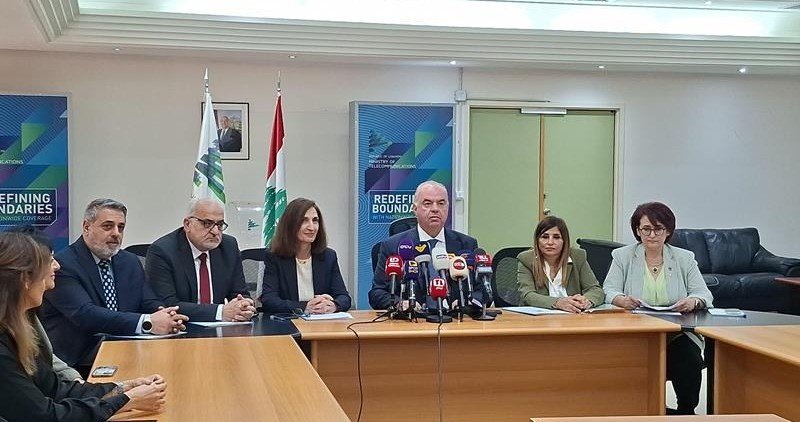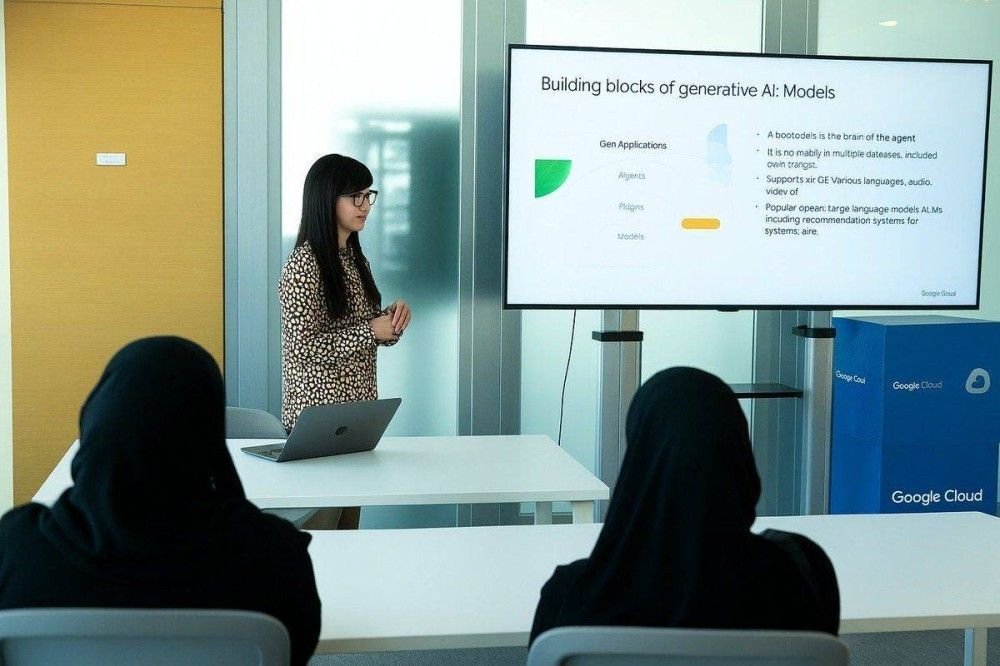Beirut — After more than two decades of delay, Lebanon has officially launched its long-awaited Telecommunications Regulatory Authority (TRA), marking a major milestone in efforts to modernize governance and restore competitiveness in the country’s telecom sector.
Telecommunications Minister Charles Hage announced the start of the authority’s work on October 6, 2025, alongside the newly appointed board members, whose five-year non-renewable terms were approved by the Cabinet last month. The establishment of the TRA fulfills a key provision of Law No. 431 of 2002, which restructured Lebanon’s telecommunications sector to encourage privatization and fair competition but had remained dormant due to prolonged political divisions.
“Today, we are faced with an opportunity not to be missed,” Hage stated. “The task is vast, and the challenges are many. The Lebanese people have long awaited the return of this authority to restore balance, fairness, and competition in a sector dominated by unauthorized networks.”
A New Era for Lebanon’s Digital Sector
The minister outlined the authority’s initial priorities — expanding affordable high-speed internet access via fiber optics, fixed wireless networks, and satellite partnerships with the private sector. Plans also include the development of new undersea and land cables to strengthen connectivity and improve service quality nationwide.
TRA President Jenny Gemayel affirmed the authority’s independence and commitment to international best practices:
“We are committed to transparency, professionalism, and the rule of law — protecting consumer rights, promoting fair competition, encouraging innovation, attracting investment, and ensuring equal access to digital services for all Lebanese citizens.”
Broader Reforms Underway
The TRA’s launch follows the Cabinet’s September 11 approval for Starlink to provide satellite internet across Lebanon using SpaceX’s network — a move expected to reduce reliance on traditional undersea and terrestrial links. Until now, Lebanon’s internet has been a state-controlled monopoly under Ogero, with mobile operations managed by MIC 1 (Alfa) and MIC 2 (Touch), both returned to government management in 2020 after years under foreign operators Orascom (Egypt) and Zain (Kuwait).
The establishment of an empowered regulator marks a turning point for Lebanon’s telecoms landscape — one that could unlock private investment, expand digital inclusion, and lay the groundwork for a competitive, innovation-driven communications market.















